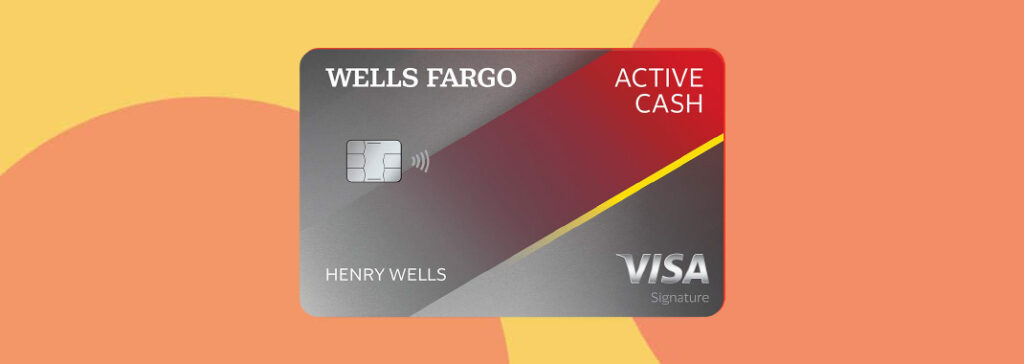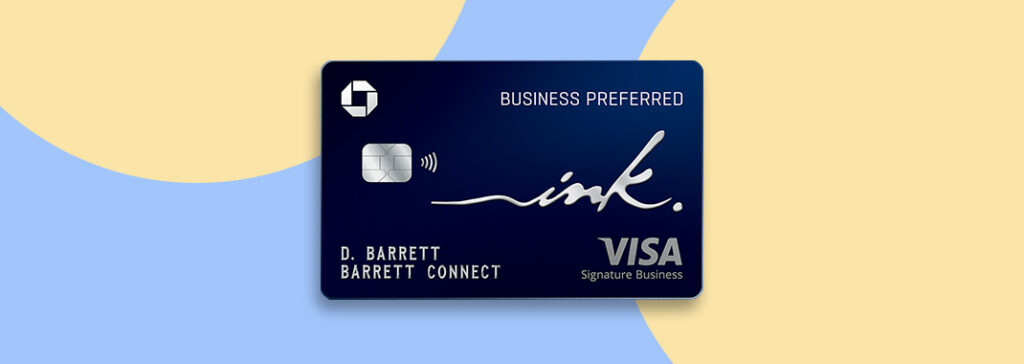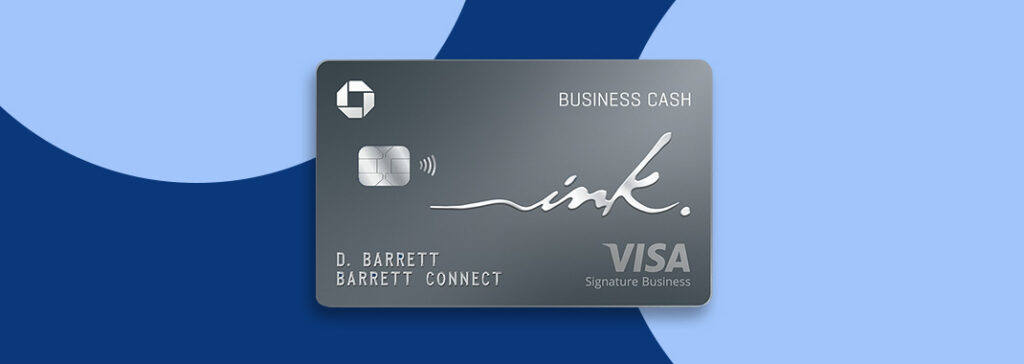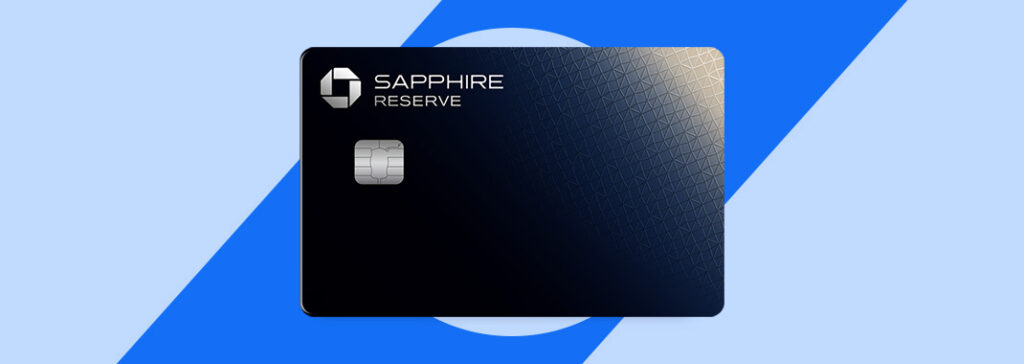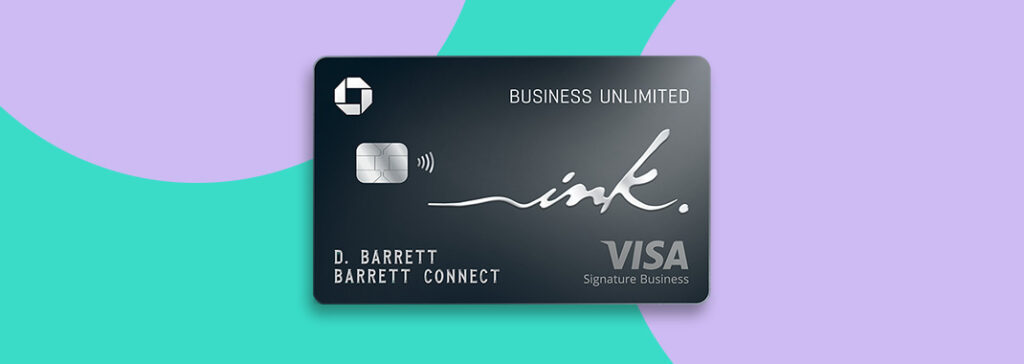Most products on this page are from partners who may compensate us. This may influence which products we write about and where and how they appear on the page. However, opinions expressed here are the author's alone, not those of any bank, credit card issuer, airline or hotel chain. Non-Monetized. The information related to Chase credit cards was collected by Slickdeals and has not been reviewed or provided by the issuer of these products. Product details may vary. Please see issuer website for current information. Slickdeals does not receive commission for these products/cards.
Even if you're relatively new to credit, figuring out how to apply for a credit card likely doesn't sound too difficult. But there's a lot more that goes into the process than you might think, especially if you want to get the right credit card for you.
Here's how to get a credit card the right way in six steps, as well as what you can do to improve your odds of qualifying.
See Which Credit Cards Offer BonusesBest Credit Card Bonuses
Visit the Marketplace
1. Check Your Credit Score
When you get approved for a credit card, you enter into a credit relationship with the card issuer. As a result, issuers will run a credit check to determine how likely you are to repay whatever debts you incur with the account. This credit check is often referred to as a hard pull.
Your credit score is a three-digit number that represents the overall health of your credit history. If you're new to credit, you have a limited history or your credit score is poor, it can be difficult to get approved for some of the best credit cards on the market. That said, some cards are more targeted to people with lower credit scores and thin credit profiles.
Quick Tip
Check your credit score with services like Experian to get an idea of where you stand. Based on what you see, focus your search on cards that fit your credit range.
2. Determine Your Spending Habits
Not all credit cards offer rewards, but if you're comparing cards that do, you may see varying rewards rates. For example, some cards offer a flat rewards rate on everything, while others provide bonus rewards on certain spending categories.
Checking how much you've spent in different areas over the last few months can give you an idea of which card can give you the most bang for your buck. That said, also consider your preferences. For example, if you prefer simplicity over making the most of your purchases, a card with a flat rewards rate may be a better fit for you than a card with a tiered rewards system.
Get The Most Bang for Your Buck with RewardsBest Rewards Credit Cards
Visit the Marketplace
3. Decide What Type of Credit Card You Want
There are thousands of credit cards in the U.S., and they're broken down into roughly eight categories, including:
- Cash-back credit cards: These cards offer cash rewards on every purchase you make.
- Travel rewards credit cards: You'll earn points or miles you can use to book travel. You can earn general travel rewards or points or miles with a specific hotel brand or airline.
- Business credit cards: For business owner, these cards typically come with rewards, higher credit limits, business-specific perks and a way to separate your personal and business expenses.
- Balance transfer credit cards: If you have high-interest debt on a credit card, you can transfer it to one of these cards and pay it down with an introductory 0% APR promotion (though there's also typically a balance transfer fee from 3% to 5%).
- Low-interest credit cards: With these cards, you'll either get an introductory 0% APR promotion on purchases or a low ongoing interest rate.
- Student credit cards: These cards are designed for college students and sometimes offer rewards, but you'll need income and possibly some experience with credit to get approved.
- Secured credit cards: They function like traditional credit cards but require a security deposit—typically equal to your credit limit—to get approved. They're best for people who are new to credit or have a poor credit score.
- Store credit cards: These cards are co-branded with a specific retailer and typically offer benefits with that specific retailer. Depending on the card, though, you may or may not be able to use it anywhere else.
Take some time to think about your goals and general preferences to decide which type of card is the best fit for you.
Earn Valuable Points or Miles for TravelBest Travel Credit Cards
Visit the Marketplace
4. Find Out if You Prequalify
Some credit card issuers have a prequalification tool that allows you to see what your chances are of getting approved. This process typically doesn't require a hard credit check, so it won't affect your credit score. Note, however, that just because you're prequalified, it doesn't mean approval is guaranteed. When you officially apply, the card issuer will still run a hard credit check and make its decision based on the information it finds.
5. Prepare Required Materials
In most cases, you don't need to put together any documentation to apply for a credit card. However, you should take a look at your pay stubs and other income sources to make sure you include all of your income on the application. Also, be ready to provide other personal information, including your Social Security number, address, contact information and more.
If you're applying for a business credit card, you may also need to provide your employer identification number (EIN), revenue and expenses.
6. Apply Online
Some credit card issuers may allow you to apply over the phone or in person at your local branch. But the fastest way to get approved for a credit card is to visit the financial institution's website and apply online. The process takes just a few minutes, and you'll typically get a response within seconds after you submit your application.
Credit Card Approval Tips
If you don't have a strong credit profile, you may be wondering what your chances are of getting approved for a card. Unfortunately, it's difficult to say because credit card issuers don't disclose their eligibility criteria publicly. However, here are some tips for improving your chances of getting your next credit card:
- Improve your credit: If your credit isn't in great shape, consider working on improving it before you apply for a new account. Check your credit report to see which areas need work and address them as quickly as possible.
- Apply within your credit range: Rewards credit cards are appealing, but most of them require good or excellent credit (that's a FICO credit score of 670 or higher). If your credit isn't quite there yet, focus on cards that market to people who are working on building their credit.
- Don't give up: If you've had a credit card application declined recently, it can be easy to take it personally or get discouraged. Sometimes you can call and ask them to reconsider. If they won't, just because one card issuer denied you, it doesn't mean all of them will. While it's best to avoid applying for multiple credit cards in a short period, don't be afraid to apply again in the future.
As you follow these steps and consider these tips, you'll be in a better position to apply for and get the credit card you want to have.
The best rewards credit cards are a great way to get extra value out of purchases you need to make anyway. But they don’t work to your advantage if you use them the wrong way. It’s essential to pay off your balances every month. Otherwise you’ll waste a ton of money on high interest fees. And you risk damaging your credit scores.



